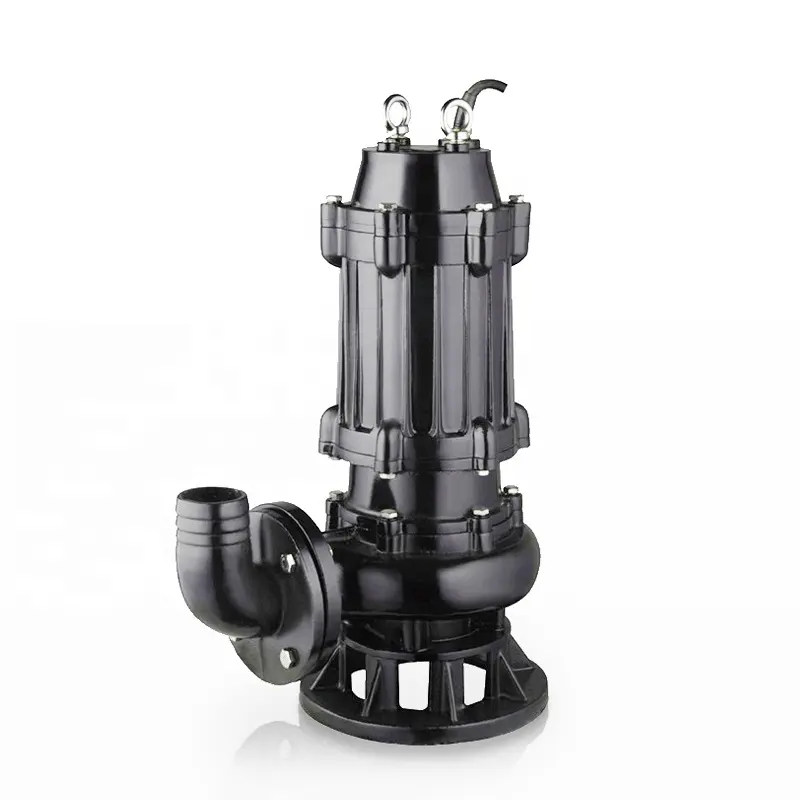In a bid to address the increasing threat of flooding, the city has recently implemented a comprehensive flood management plan. This plan strives to tackle various aspects related to flood prevention and management, ranging from sewage discharge to sustainable breeding practices and engineering drainage systems.
Addressing the issue of sewage discharge, the city authorities have undertaken stringent measures to prevent the contamination of water bodies by wastewater. This has become especially crucial in light of recent incidents of sewage overflow during heavy rainfall. By implementing more efficient sewage treatment processes, the city aims to ensure the protection of rivers, lakes, and other water reservoirs from harmful pollutants, ultimately benefiting the environment and public health.
Another significant aspect of the flood management plan is the promotion of sustainable breeding practices. Urban areas often face challenges in managing excess water during heavy rains due to the impervious nature of concrete landscapes. To counter this problem, the city is encouraging the construction of green spaces that can absorb excess water. These spaces, such as parks and gardens, not only provide recreational areas for residents but also serve as vital breeding grounds for beneficial organisms that contribute to natural flood control. The initiative aims to strike a balance between urbanization and ecological sustainability, enhancing the city’s ability to withstand heavy rainfall events.
In parallel, the city is actively working towards strengthening engineering drainage systems. Recognizing the importance of well-maintained infrastructure in mitigating flood-related risks, the local government has allocated significant funds to upgrade and expand existing drainage networks. By conducting regular inspections, repairing damaged pipelines, and introducing advanced drainage technologies, the city’s infrastructure will be better equipped to handle excess rainfall efficiently.
One key aspect of the city’s engineering drainage improvement plans is the utilization of innovative flood control mechanisms. These primarily involve the implementation of smart technologies aimed at monitoring weather patterns, water levels, and drainage capacities in real-time. By harnessing the power of data-driven insights, authorities can proactively respond to potential flood threats, optimizing the flood management process.
Moreover, the city’s flood management plan empowers residents with crucial information and engages them in flood prevention efforts. By conducting awareness campaigns, educating residents about responsible waste disposal, and encouraging the use of rainwater harvesting systems, the city aims to foster a sense of collective responsibility in dealing with flood-related challenges. Citizens are encouraged to report instances of blocked drains or potential flood-risk areas to expedite the repair and maintenance process.
By combining these various strategies under one comprehensive flood management plan, the city is taking a proactive approach towards minimizing the impact of flooding. The integration of measures to prevent sewage discharge, promote sustainable breeding practices, and strengthen engineering drainage systems highlights the city’s commitment to creating a more flood-resilient future.
As climate change continues to present new and unpredictable weather patterns, the city’s efforts to tackle flood management are crucial for safeguarding the well-being of its residents and preserving the environment for generations to come. The implementation of such a comprehensive plan sets an excellent example for other cities grappling with similar challenges, inspiring them to take the necessary steps towards a more flood-secure future.

Post time: Jul-24-2023
